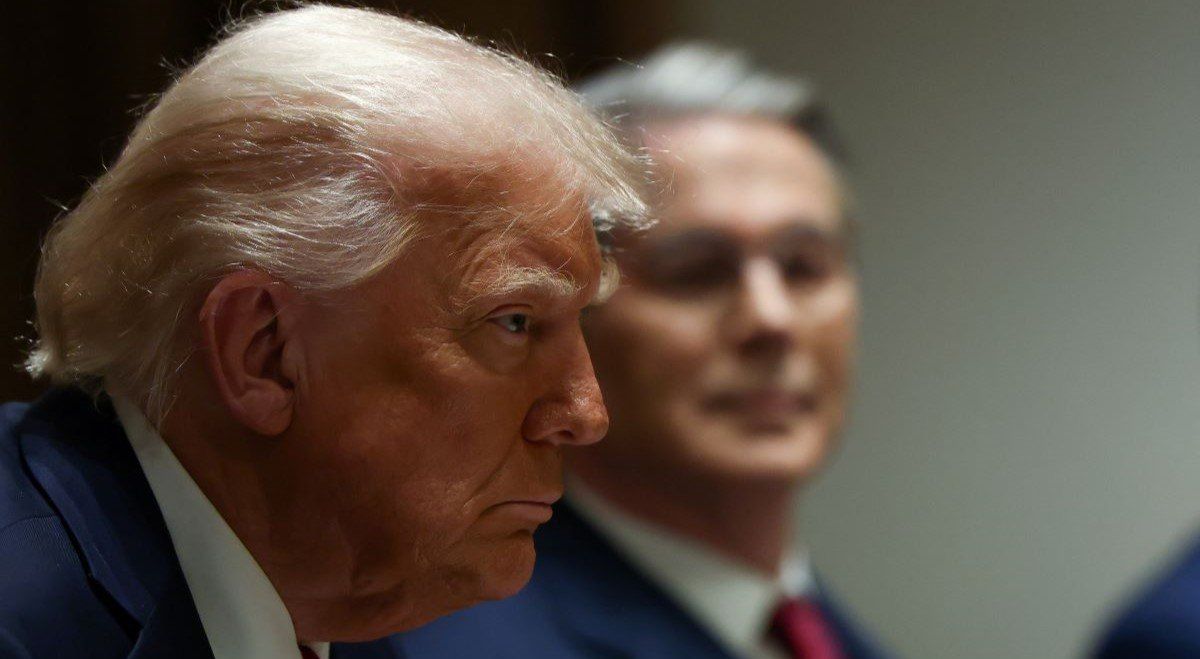U.S. President Donald Trump meets with Italian Prime Minister Giorgia Meloni in the Cabinet Room at the White House in Washington, D.C., U.S., April 17, 2025.
A federal judge set up a showdown with the Trump administration on Wednesday with a ruling that threatens to find the government in contempt if it fails to comply with a judicial order to provide due process to Venezuelans deported to a prison in El Salvador.
This is separate from the ongoing clash between the White House and the courts over the fate of Kilmar Abrego García, the undocumented immigrant who was sent to an El Salvador prison on suspicion of being a gang member, in defiance of a court’s stay of deportation.
Judge James E. Boasberg’s threat regarding the Venezuelan deportations is the latest round of a deepening legal fight with a White House that insists that judges seeking to ensure oversight and due process in deportation procedures are interfering with lawful (and popular) measures that are necessary to remove illegal immigrants and criminals.
So far, Trump and his officials have openly challenged the courts’ authority but have yet to overtly defy lawful orders. When the Associated Press won a First Amendment case challenging their expulsion from the White House press pool, for example, the administration simply eliminated the pool position rather than comply with the ruling.
Trump has said he won’t challenge the authority of the Supreme Court, something that would set off a far-reaching constitutional crisis. But so much of his governing agenda is eliciting judicial challenges that the High Court will be repeatedly called on to define the limits of executive power. Seems these fights are only just beginning.
